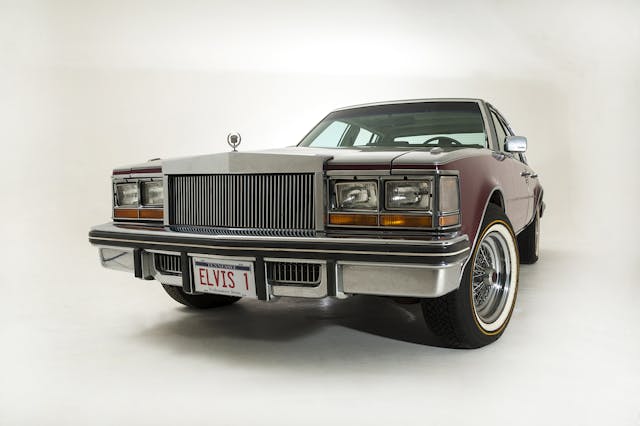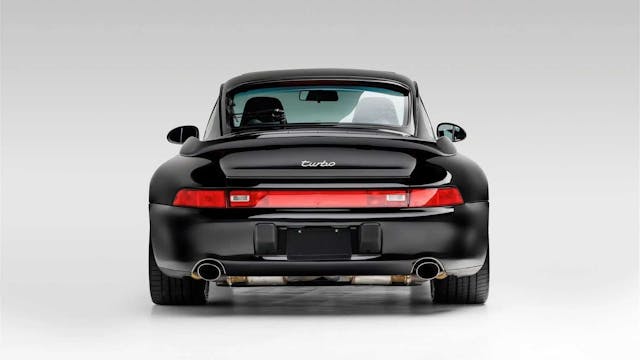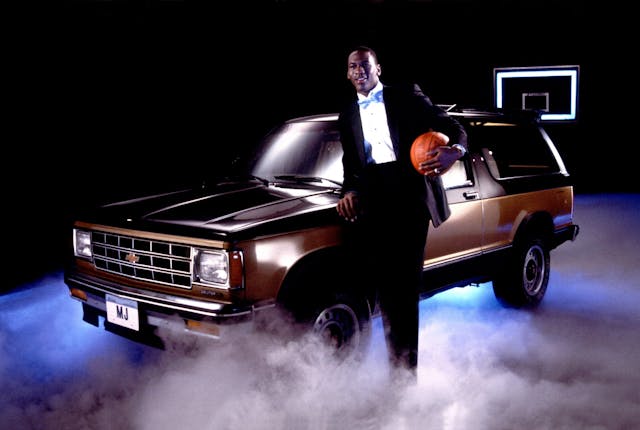The fleeting cost of fame
Pierre Laval was TIME Magazine Man of The Year in 1931. Let’s say, hypothetically, a very expensive and elaborate automobile once owned by him were to come up for sale. How much would it be worth?
That answer rides on many factors, but none more significant than whether or not you had to just now Google the name Pierre Laval. Fame, like life itself, is fleeting. That’s why the value celebrity ownership adds to a classic vehicle, despite valiant (and fun) attempts to quantify it, ultimately must be considered case-by-case basis—and indeed often are by appraisers.
To save you the search: M. Laval was nearly universally known in his day as the Prime Minister of France and, not much later, became infamous as head of the Vichy government that collaborated with Nazi Germany. His story does not end well, as he was executed in 1945 for being a traitor to France.
Forgetting his rather abrupt demise, here we have a well known person, much like the TIME Magazine Man of the Year in 1930 and 1932 (Mahatma Gandhi and Franklin D. Roosevelt, respectively).
In a North American sale, would Masseur Laval’s car bring a celebrity bump in value? Probably not. How about in a sale in France? Perhaps, but somehow, I think the fans of the late M. Laval are rather few and far between, and perhaps not willing to express that fandom in the form of paying more for his ex-ride.

The same is true for fading Hollywood stars, aging rock ‘n’ roll icons, politicians, and sports personalities. Sure, there are a number of names that break through many generations, but there are more that fade into relative obscurity after they have left the national or world stage.
There’s also, even in this hyper-globalized era, a certain regional aspect. The car owned by the beloved weatherman on your local TV news might be worth a bit more in his home market, but 200 miles away, the name means little.
It also matters if said celebrity is known as a car guy or gal. Extra points for cars that illustrate that passion, such as exotics and/or those that demonstrate eclectic taste. Fewer points if we’re talking about the four-door sedan they drove to and from work. All that explains why movie-driven cars associated with Steve McQueen still peg the needle among car collectors even if (whisper it) he is not a household name for everyone in 2022. He was one of us. All of this is something that an appraiser would have to take into consideration when attempting to offer an opinion of value.

Last but not least, one must carefully consider the car. Is it valuable in and of itself? Or is it the rolling equivalent of John Lennon’s discarded gum wrapper—something of interest solely because of the association with fame? Either way, the celebrity value can be hard to calculate. For instance, how much of the $410,993 for Denzel Washington’s 1997 Porsche 911 Turbo was paid for an iconic performance car in cherry condition versus the potential for endless Training Day references? Only the buyer knows.
Note that celebrity cars can be interesting far longer than they’re valuable—like some kind of radioactive fame half-life. You are welcome to tell people at the local cars and coffee that your Eldorado was once owned by the guy who did a guest shot as a bowling alley clerk in Laverne & Shirley (those born after 1980 are allowed to say “who?” at this point). I can assure you said ownership won’t add the value of a Samuel L. Jackson or a Dwayne Johnson.
In the world of celebrity values, things change. And they often change very, very fast.


